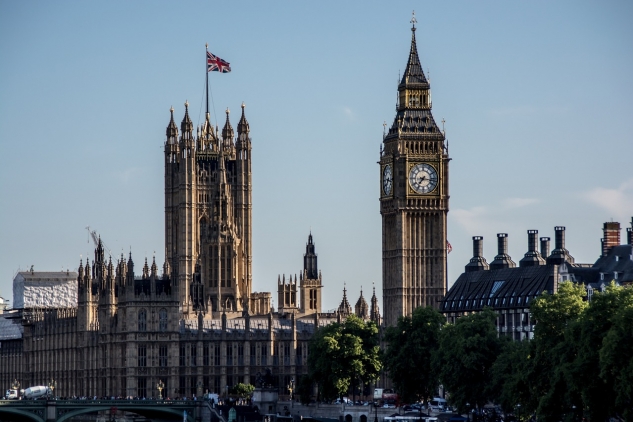
It is time for the UK government to lead from the front to tackle exploitation
In 2015 the UK adopted the Modern Slavery Act, which included a requirement for companies to report on measures taken to tackle modern slavery in their supply chains. Notably absent from this requirement however were public authorities. Recent research by FLEX showed that the lack of action by the Government to ensure their own supply chains are exploitation free risks undermining the steps they’re asking companies to take.
FLEX’s new briefing ‘Public procurement to prevent human trafficking and forced labour’ sets out steps to ensure the UK Government’s own supply chain is exploitation free. National Governments are in a unique position to lead in the prevention of labour exploitation in supply chains with their considerable buying power. The UK Government, for example, spends over £200 billion, or one third of its budget, on purchasing goods and services, otherwise known as ‘public procurement’.
In recognition of the need for action in this area, just last week the governments of the UK, USA, Canada, New Zealand and Australia published a set of principles for Governments to adopt in order to tackle modern slavery in global supply chains. This coalition’s combined purchasing power reaches 600 billion US dollars. The principles called on governments to encourage reporting by companies on human trafficking in their supply chains and mitigate risk to workers, amongst other steps.
FLEX is pleased that these major economic powers have developed joint principles on this issue. But it will take real leadership from Governments to exclude from public tenders companies that have not committed to action to tackle human trafficking and forced labour for transformative change to take place.
Public procurement is an opportunity for the UK, and other Governments, to improve the conditions for workers in global supply chains. These efforts must go beyond recommendations and promotion of good practices to include legal obligations to all suppliers and sanctions for those who fail to comply with human and labour rights.
See FLEX’s recommendations for public procurement to prevent human trafficking and forced labour here.
